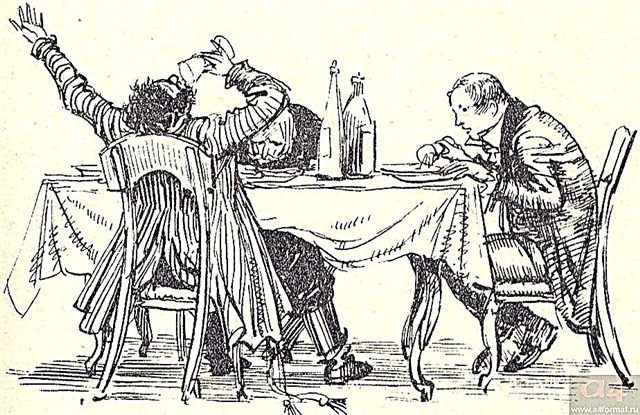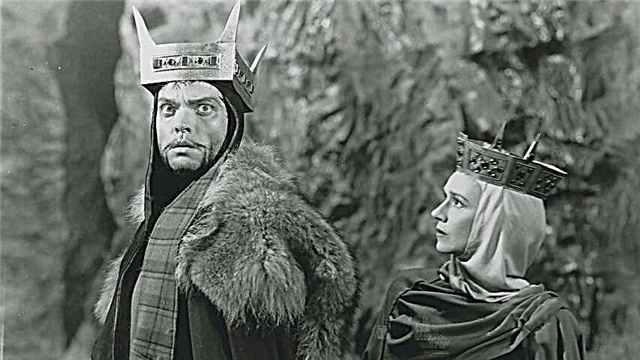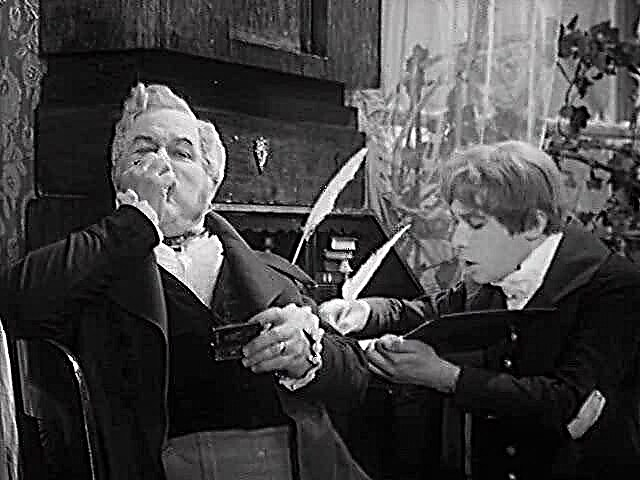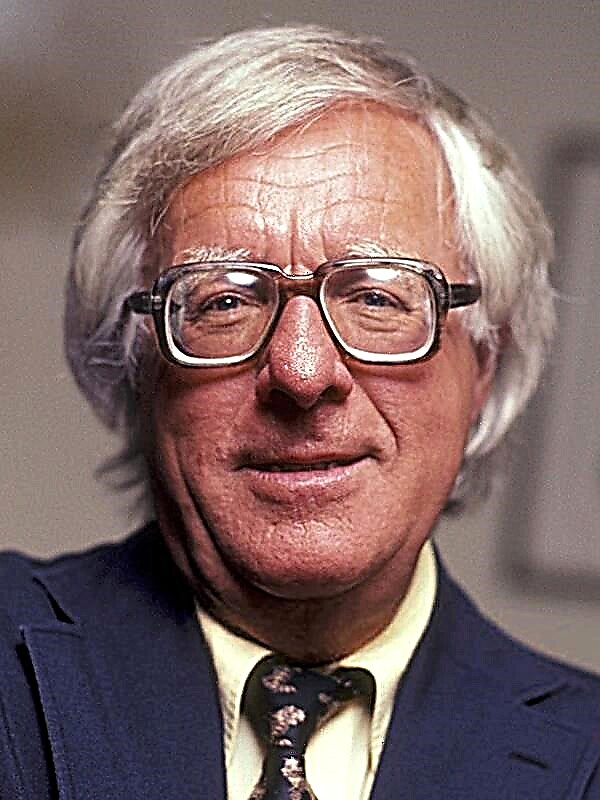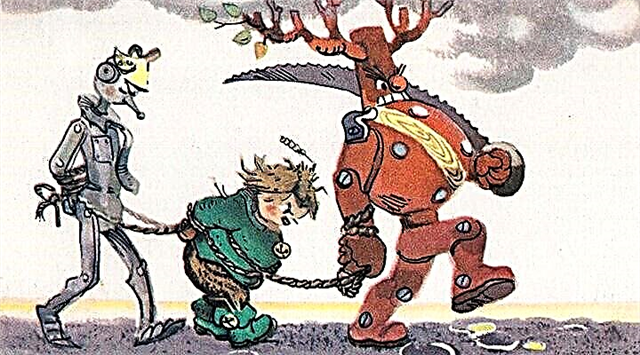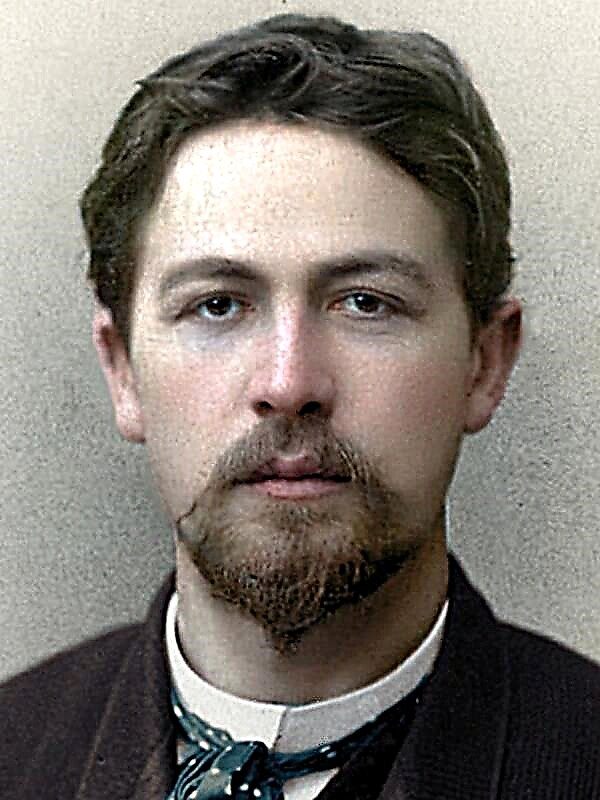Part 1. A kind of introduction
The novel takes place in Vienna in 1913. The protagonist, thirty-two-year-old Ulrich, a mathematician and exalted dreamer, intellectual and cynic, who has already managed to get tired of himself and the world, lives a vibrant, but hectic life. He does not have to take care of his daily bread thanks to the wealth and ties of his father, who began by being a home teacher and assistant to a lawyer, but eventually made a brilliant career and was honored by the fact that His Majesty granted him hereditary nobility. When Ulrich once again asks himself a question, what should he do, he receives from his father a letter of recommendation to Count Stahlburg, who, according to his father, will take care of his son’s future. The father informs Ulrich that in 1918 the celebration of the thirty-year reign of Emperor Wilhelm II will take place in Germany, and since in the same year Emperor Franz Joseph celebrates the seventieth anniversary of his accession to the throne, the patriotic Austrians decided to make 1918 a jubilee year and thereby wipe their nose arrogant Germans.
Part 2. The same thing happens.
Ulrich, at the insistence of his father, gets acquainted with Count Leinsdorf and Tuzzi, the head of the department of the Ministry of Foreign Affairs and the Imperial House, his wife is Ulrich cousin. This woman, whom Ulrich mentally calls only Diotima (her wisdom, according to Plato, revealed to Socrates the secret of Eros and the mystical meaning of love), short-sighted, but ambitious and inspired by the dream to go down in history, opens the doors of her house to all the celebrities. Under the leadership of Count Lainsdorf, she hopes to accomplish a spiritual feat, because, perhaps, with her passionate participation, the “great idea” will be opened and proclaimed, designed to permanently unite the multinational state and raise the imperial idea to the heights that were previously unattainable before. Ulrich, as Secretary of Lainsdorf, is witnessing how the movement, called the “parallel action”, is gaining strength, attracting some and pushing others, despite the fact that the “great idea” does not want to be revealed to souls craving revelation. True, concrete proposals come in, one more ridiculous than the other: the wife of a certain philanthropist manufacturer proposes to open the Franz Josef Great Austrian Super-Dispenser Canteen, a representative of the Ministry of Cults and Education proposes to publish the monumental work Franz Joseph I and His Time, and Ulrich’s youth friend, Clarissa, a passionate admirer of Nietzsche, writes a letter to Leinsdorf proposing to declare 1918 the “Austrian year of Nietzsche”. Gradually, the circle of creators and apologists of the “parallel action” is expanding: on the instructions of the Ministry of War, General Stumm von Bordver appears in the Diotima salon, whose task is to observe everyone and, if possible, try to “bring order to the civilian mind”. Dr. Paul Arnheim, a fabulously wealthy industrialist and at the same time a well-known and fashionable author of pseudo-philosophical works, is becoming almost the main figure in the salon of Diotima. Since he is well educated and not alien to “spiritual search,” an increasingly closer spiritual relationship is established between him and Diotima, which passes unnoticed into a strange, incomprehensible feeling to both. Both he and she are cold, prudent and at the same time alone in their abstract, “divorced from reality” spirituality. However, selfishness does not allow them to rush towards each other. In the house of Tuzzi, a variety of people collide: linguists and bankers, poets and the stars of science. Finally, Diotima creates and chairs the “Committee for the Development of Directives in Connection with the 70th Anniversary of His Majesty's Reign”.
Alas, neither the luminaries of science, nor venerable writers can think of anything worthwhile. Then the doors of the salon open for bohemian youth, whose often insane ideas confuse even such a seasoned servant of the mind as Diotima. Ulrich, who, in spite of his will, is involved in the activities of the “committee”, although he notices all the emptyness and emptiness of these undertakings, nevertheless he does not like the smug Arnheim and tries to influence the cousin, but passion makes her blind. She confesses to Ulrich that Arnheim persuades her to abandon her husband and become his wife, and only a holy sense of duty and service to the “great idea” prevent her from fulfilling his desire. Ulrich, who is very sophisticated in love affairs, is simultaneously attracted and repelled by this ardent, self-confident and domineering woman. But here, as in everything else, there is a certain dichotomy of his thoughts and feelings. The eccentric, exalted Clarissa wants Ulrich, and not Walter, her husband, to become the father of their child, calls him “a man without qualities” and says that he always does exactly the opposite of what he really wants. Not believing in the success of the “parallel action”, realizing its futility and barrenness, Ulrich nevertheless tries to attract ideological opponents to his side. He learns that Gerda, the daughter of his old friend Leo Fischel, the manager of Lloyd Bank, is taking part in the meetings of mystically-minded young Germans and anti-Semites led by Hans Sepp. Ulrich meets with Sepp and tries to find out if this enthusiastic maniac from politics with his crazy and dangerous ideas can breathe life into a "parallel action". However, Ulrich is also driven by a latent desire to conquer Gerda, this aggressive virgin, who, he guesses, has long been in love with him, although he does not want to admit it to himself. And again, Ulrich does not know what he really wants. When Gerda comes to him to report important news (she learns from her father that Arnheim, this “thoughtful financier”, uses the “parallel share” as a cover to take control of his concern the Galician oil fields), Udrich takes possession of it without experiencing while not even the slightest desire, Everything that happens to Ulrich happens as if against his will, however, even though he is aware of his inner indifference to everything that happens to him, he never tries to resist what is happening and wills to move without will. All this time, the attention of society has been riveted to the trial of Moosbruger, an insane tramp who killed women. Newspapers relish the number of wounds inflicted by Moosbruger to a prostitute - she pestered him on the street. And she was so obsessive that, as Moosbruger later admitted, he committed the murder, defending himself from something dark and formless. The story of a crazy tramp deeply excites Ulrich: in his mind, he feels the same destructive work that made the poor carpenter a killer. Meanwhile, the situation is escalating. Pro-German circles organize a protest against the “parallel rally”, and Ulrich, who watches the procession of fierce people, is seized with disgust. He admits to himself that he can no longer participate in all this, but is also not capable of rebelling against such a life. Rejecting Arnheim’s offer to become his personal secretary, and hence the prospect of a brilliant career, Ulrich wants to be away from economics and politics. And suddenly he receives from his father a mysterious telegram: "I will inform you of my subsequent death." Ulrich leaves.
Part 3. In the millennial kingdom (Criminals)
(From published posthumously)
In the parental home, he meets his sister Agatha, with whom he gradually develops spiritual intimacy, threatening to develop into passion. Agatha is married a second time, but is about to leave her husband, Professor Hagauer. Her bright mind, sensuality and cheerful cynicism so attract Ulrich that he experiences a previously unknown “other state”. Trying to understand his thoughts and desires, he spends whole days alone with his sister, believing her everything that gives rise to his mind; he is embarrassed by such a pure and "not appetite" attachment. Ulrich dreams of a "Millennial Kingdom" in which all feelings and actions will support mutual love. Gradually, their relationship with their sister became more and more confused, they reached a dead end, from which there was no way out. The “parallel action” is also in the same impasse, despite Aainsdorf’s attempts to continue the search for a “great idea”. Arnheim is moving away from Diotima, from now on she despises him, believing that he was frightened of her spiritual power, and discovers a new hobby - “sexual science”. Ulrich and Agatha retire and stop accepting acquaintances. They walk, have conversations, and are increasingly imbued with immense sympathy for each other. The dreams of love are closer to them than physical attraction, the body shell is too tight, and therefore nature itself is unable to give them the sweetness of the desired unity.



